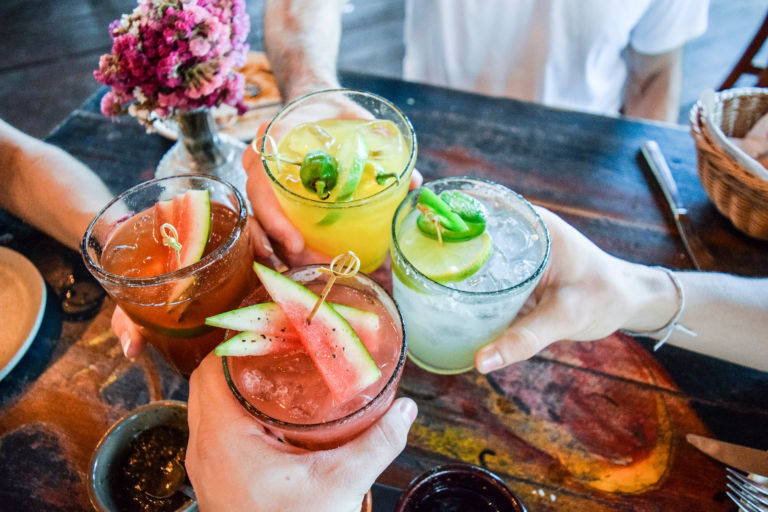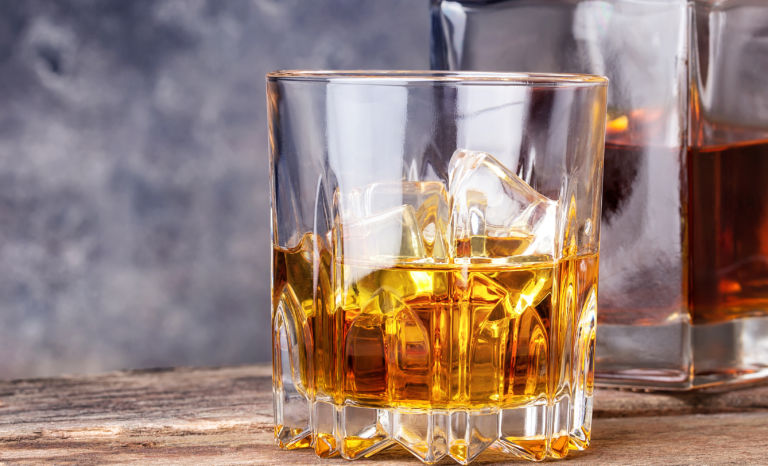In North Carolina, beer and wine are readily available at grocery stores, convenience stores, specialty shops, even pharmacies and other places, and even on Sundays. Liquor is available in North Carolina bars, restaurants, private clubs, etc.
With all that alcohol available from so many private venues, there’s still the idea out there that government control of liquor distribution and bottle sales somehow makes us safer. It’s an old belief. Based on it, some are predicting that loosening the state ABC system’s tight controls over liquor will unleash all kinds of alcohol-related crime and social upheaval.
Good news; that idea appears to be mistaken. Alcohol-based social and public-health problems don’t depend upon whether the government distributes and sells liquor instead of private enterprises. Law-enforcement matters are matters of law enforcement.
As my report on modernizing the state’s ABC system showed, social and public-health problems with alcohol aren’t linked to whether the state is a control state or license state regarding spirituous liquor. Two-thirds of U.S. states are license states, after all.
A 2012 study by economists Michael LaFaive and Antony Davies looked at average annual alcohol-attributable deaths per 100,000 in each of the 50 states from 2001 to 2005. In their chart, 23 license states posted lower rates than did North Carolina.
A survey of “numerous studies” on state liquor controls conducted by Davies and economist John Pulito in 2010 found “no clear evidence that privatization of alcohol markets leads to either an increase or a decrease in underage drinking, underage binge drinking, or DUI fatalities. Studies showing a positive relationship … are counterbalanced by others showing an absent or ambiguous relationship.”
Economists Donald J. Boudreaux and Julia Williams looked alcohol-related deaths, binge drinking, and drunk-driving fatalities in a 2010 report in control vs. license states. They found:
- “no statistically significant relationship” between control states and license states in alcohol-related deaths
- “no statistically significant relationship between control states and license states in the rates of binge-drinking among 12 – 17-year-olds” and “among 18 – 25-year-olds.”
- “no statistically significant relationship between control states and license states” in drunk-driving rates
Boudreaux and Williams summed it up:
The plain fact seems to be that alcohol-related problems are unrelated to whether or not a state government prevents private, competitive businesses from selling spirits to the general public.
Why might this be so?
It is probable that, because beer and wine are substitutes for spirits, any dampening effect of government monopoly on spirits consumption is offset by higher consumption of beer and wine.
Substitution effects seem evident in North Carolina. A previous research brief showed that, while North Carolina is 13th out of 14 Southeastern states (second to last) in per-capita liquor consumption, we are 8th in beer consumption and 4th wine consumption.
What are policymakers to do, then, if they’re concerned about alcohol law-breaking? Make it a higher priority of law enforcement.
In the meantime, North Carolina policymakers can set their worries aside. It’s not the case that government control of liquor distribution and sales is what makes us safer.
Yes, that idea’s been around for a long time, but it also appears to have been wrong for just as long.


